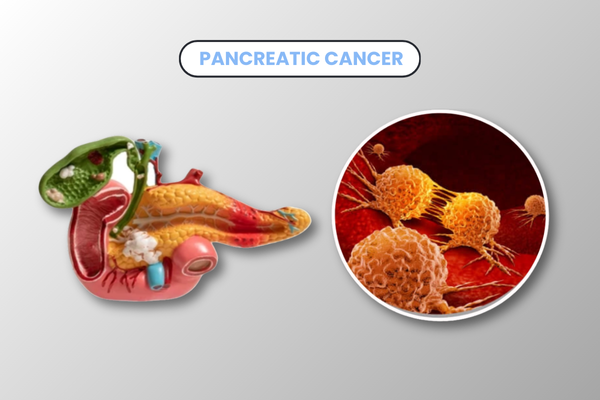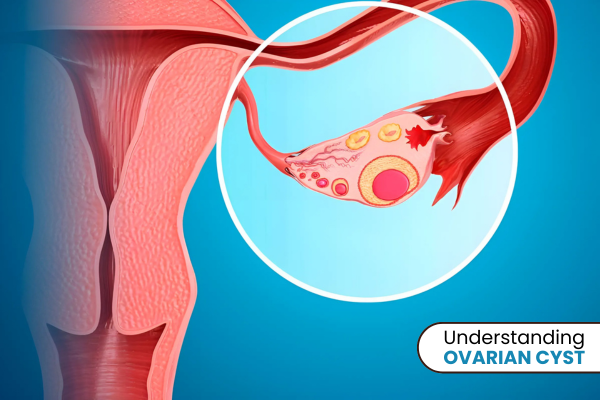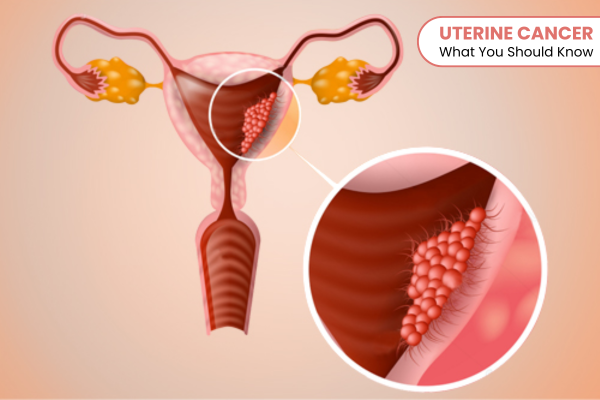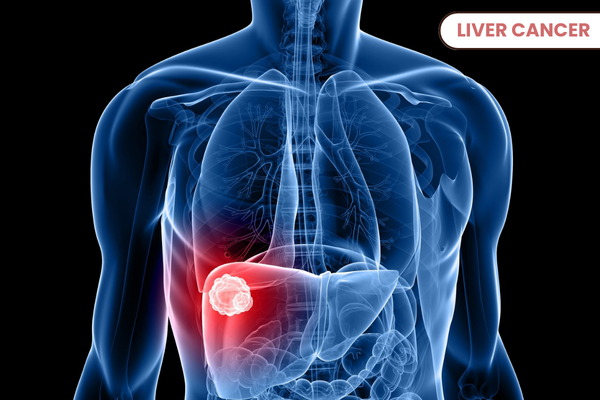What is Pancreatic Cancer?
Pancreatic cancer is a disease in which cells in the pancreas grow out of control. The pancreas is a small organ located behind the stomach. It helps the body digest food and control blood sugar by producing enzymes and hormones like insulin.
When abnormal cells in the pancreas start multiplying uncontrollably, they form a lump or tumor. This is called pancreatic cancer. If not found early, it can spread to other parts of the body.
Types of Pancreatic Cancer
There are two main types:
- Exocrine tumors – These are the most common and begin in the cells that make digestive juices.
- Neuroendocrine tumors – These are less common and start in the hormone-producing cells.
What Causes Pancreatic Cancer?
The exact cause is not always known, but several risk factors may increase the chance of developing it, such as:
- Smoking
- Family history of pancreatic or other cancers
- Long-term diabetes
- Chronic pancreatitis (inflammation of the pancreas)
- Obesity
- Older age (more common in people over 60)
Common Symptoms
Pancreatic cancer is often called a “silent” disease because it may not cause symptoms early on. When symptoms do appear, they might include:
- Yellowing of the skin and eyes (jaundice)
- Stomach or back pain
- Unexplained weight loss
- Loss of appetite
- Nausea and vomiting
- Fatigue
- Dark urine or light-colored stools
How is it Diagnosed?
To find out if someone has pancreatic cancer, doctors may suggest:
- Blood tests
- Imaging tests like CT scans, MRI, or ultrasound
- Endoscopic procedures (a small camera passed through the mouth into the stomach)
- Biopsy (taking a small tissue sample for testing)
Treatment Options
Treatment depends on the stage of the cancer and the person’s overall health. Common treatment methods include:
- Surgery – To remove the tumor if it hasn’t spread
- Chemotherapy – Medicines to kill cancer cells
- Radiation therapy – Using high-energy rays to destroy cancer cells
- Targeted therapy – Drugs that target specific changes in cancer cells
- Immunotherapy – Boosting the body’s immune system to fight cancer
Some patients may receive a combination of these treatments. In advanced cases, treatment may focus on relieving symptoms and improving quality of life.
Can it Be Prevented?
There is no sure way to prevent pancreatic cancer, but reducing risk factors can help:
- Quit smoking
- Eat a healthy diet with fruits and vegetables
- Exercise regularly
- Maintain a healthy weight
- Control diabetes with proper treatment
When to See a Doctor?
If you have any ongoing symptoms like unexplained weight loss, persistent stomach pain, or jaundice, it’s important to see a doctor. Early detection increases the chances of successful treatment.
Leave a Reply
Your email address will not be published. Required fields are marked *







.png)





